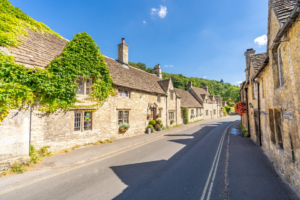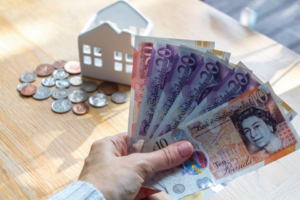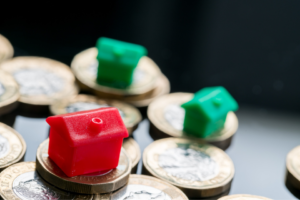Self assessments for Airbnb hosts
If you rent out all or part of your property via Airbnb or a similar platform, it’s likely that you’ll need to declare your income to HMRC. This is especially pertinent given the Airbnb/HMRC data sharing agreement, which came into effect on 1 January 2024.
It is the responsibility of hosts to ensure they are paying the right amount of tax, which means that when it comes to completing your Self Assessment for Airbnb income, you’ll need to have everything accurately documented. With that in mind, we have put together some essential tips.
Does Airbnb count as self employed?
The income you make from letting all or part of your property on Airbnb is classified as rental income. If you are making money as a small business or sole trader in this way, it may seem logical to assume you’re self-employed. Actually, however, you’re not and different tax rules apply.
Tip 1: Keep a record of your transactions
The first step to completing an accurate tax return is keeping track of all your Airbnb income and expenses. For most hosts, a simple spreadsheet will suffice, enabling you to document how much you have earned from rental income, and how much you have had to spend on allowable expenses.
Allowable expenses include things like landlord’s insurance, cleaning and gardening services, mortgage interest (which is restricted to 20% tax relief) and utilities. These should be deducted from your earnings to calculate your tax liability.
By documenting your income and expenses as you go along (keep receipts where necessary) you will make the process of completing your tax return much easier.
Tip 2: Know your allowances
The amount of tax relief you are entitled to depends on the nature of the accommodation you offer. If you rent out a room in your only or main home, you can earn up to £7,500 each year (£625 per month) without needing to pay tax.
If the property you rent out is one you don’t occupy, such as a second property, you can benefit from the £1,000 property allowance. This means that the first £1,000 of your Airbnb income is tax-free. You cannot apply for both reliefs.
Tip 3: Calculate what you owe
Most hosts will only need to pay Income Tax via their Self Assessment for Airbnb. In order to calculate your tax, you’ll need to subtract the relevant relief and your allowable expenses from your total earnings during the tax year (6 April to 5 April the following year). For example:
Total income (£10,000) – [property allowance (£1,000) + allowable expenses (£2,500)] = Taxable income (£6,500).
The rate of tax you pay depends on your Income Tax band. If, for example, you rent your property via Airbnb as a second income, and you earn £35,000 from employment, you will be a basic rate taxpayer. As such, you’ll pay 20% tax on your Airbnb income.
It’s worth noting that if you earn over £85,000 from letting, you will need to pay VAT every quarter. You will also have to pay either Council Tax or Business Rates on your property, depending on whether it is a short or long term let.
Tip 4: Don’t miss the deadline
Self Assessments for Airbnb income must be submitted by 31 January following the tax year they are completed for. Missing the deadline can mean a £100 penalty. If you need help filing your tax return, accountants for Airbnbs – such as the team here at Ibiss & Co – can help. With offices in Barking, Tooting and Walsall, we can ensure you’re paying the right amount of tax on your rental income, wherever you are based.




